After visits to Sudan, Syria and Afghanistan.. United Nations: Children's education is not postponed until conflicts are resolved
On International Women's Day in Diplomatic Work

- Europe and Arabs
- Saturday , 24 June 2023 13:18 PM GMT
New York - Brussels: Europe and the Arabs
Wars, conflicts and other emergencies deprive millions of children of an education. The United Nations believes that children's education cannot be postponed until conflicts are resolved, so an organization was born that focuses its efforts on ensuring the provision of education in emergencies and protracted crises.
To shed light on the plight of these children, the United Nations Newsletter, a copy of which we received this morning, conducted an interview with Ms. Yasmine Sharif, Executive Director of the “Education Cannot Wait” Fund, which is the United Nations Global Fund for Education in Emergencies and Protracted Crises.
The dialogue dealt with, among other things, the efforts of the United Nations to help children affected by conflicts around the world continue their education. We also touched on the situation of children in the Middle East and Afghanistan and support for girls' right to education.
The Executive Director called on parents to support their sons and daughters' right to education, and to remind children that their identity and potential lie in their ability to learn and grow.
At the beginning of the dialogue, we asked Mrs. Yasmine Sharif about the latest study published by the Fund, which stated that 222 million children lack quality education, including 72 million outside the walls of schools. She said: It is very sad and tragic to see these huge numbers. When the Education Cannot Wait Fund was established (2016), the number of children deprived of quality education was estimated at 75 million.
Then this number rose to 222 million children due to displacement and unrest resulting from the COVID-19 pandemic and the escalation of wars and conflicts.
UN News: You recently returned from a visit to the border areas between Chad and Sudan. Tell us about this visit and what you saw there?
Yasmine Sharif: It was a high-level mission that you conducted with UNHCR, UNICEF, civil society and in close collaboration with the Minister of Education of Chad and others.
When we arrived, there were 30,000 refugees who had just crossed the border from Darfur into eastern Chad.
Three days later, the number had doubled to 60,000. Of these refugees, 90 percent are women, and about 70 percent are school-age children.
We are talking about a great tragedy. The children who crossed the border with their families were in a disturbing psychological state and many of them were separated from their families. They were very afraid. And it took some time to build up a sense of confidence.
When we finally gained the trust of the children, we sat and played with them. These children lack the most basic school supplies and trained teachers. They have lost everything. There is a huge human tragedy.
UNHCR and partners are doing a very noble job on the ground, providing water, sanitation and shelter, while the World Food Program is providing food, but all this is not enough compared to their great needs.
We have committed an emergency fund of $3 million to get education started quickly, out of the $8 million needed to respond to the educational needs of these refugee children and youth.
And now we are calling on other donors to contribute and raise money so that we can close the $25 million gap and meet immediate needs in all five countries hosting refugees: Egypt, Central African Republic, Ethiopia, South Sudan, and Chad.
In response to a question about some people's argument that education may not be a priority for those living in emergencies, Yasmin Sharif said: First, I tell them, is this how you will evaluate your children if they become refugees? No matter where you are, whether in New York or Geneva or in any capital and city in the world. Will education not be important for your children if we face a crisis? of course not.
Secondly, when you flee as a refugee, the average time you spend in asylum is 17 years. So are you supposed to sit 17 years without an education? We are talking about countries like Afghanistan, which has been in conflict since the late 1970s, and the Democratic Republic of the Congo, which has been in conflict since the 1960s.
Would their education have waited until peace came?
There are several countries in the Middle East, there are the Rohingya, and there are refugees from Venezuela in Latin America. If they have to wait for the crisis to end, they will have to wait decades.
This is why we are called Education Cannot Wait.
And about a question about her visit to Afghanistan after the Taliban took over, to negotiate for girls' right to education. Yasmin Sharif said: I worked in Afghanistan in the early 1990s, so I have a degree of knowledge of the country and the people. I have great respect for the long-suffering Afghan people.
When the Taliban took power this time, my colleagues and I sat down and said that many men go there to talk to the Taliban, we women also need to go and talk to the Taliban.
So I decided to set up a women's mission to go to Afghanistan to talk to the de facto education minister. Indeed, we met the Minister of Education and his team and talked with them about girls' right to education.
I felt very comfortable doing this, in part because I lived in Afghanistan and in part because the right of every Afghan girl to an education and to go to secondary school overrides any fears anyone may have.
We spoke to them and they told us they had a plan under development for a different curriculum. I asked them when the plan will be ready? They said they are working on it. I told them it had to happen quickly.
Then I spoke with other members of the government. Officials came to me and said: We are very worried because we also have daughters, and we want our daughters to go to school. One of them was very desperate.
I don't think that not allowing girls to go to school is a politically correct decision. it is Decision based on religious interpretation
I am a believer, I understand that education is at the heart of Islam. The word read is the first word that was revealed from the Qur’an, and it did not specify a specific gender, but it is for boys and girls. I think this has a lot to do with ignorance, and ignorance is unacceptable and should be transformed into enlightenment.
And about today, June 24, which is International Women's Day in Diplomatic Work. Although women work in governments and parliaments, they enact laws and policies that benefit ordinary people. However, it has recently been reported that people believe that men are better than women in the field of political leadership. Yasmin Sharif said: It is a surprising study. I thought there would be no conclusion of this kind in the 21st century. And I think a lot of that has to do with education because as a parent, when you raise your children, you instill respect in both girls and boys on the same level, with the same ability, potential. Then, when you go to school, the teacher plays an essential role in reinforcing that, as does the curriculum. This is not only a challenge for developing countries, but a challenge for developed countries as well. So when there is a study like this, I think it shows that we have serious problems of upbringing and schooling.


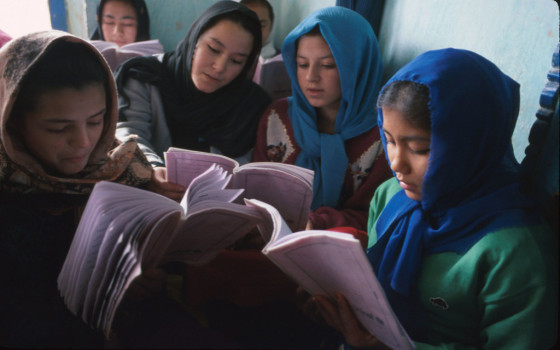

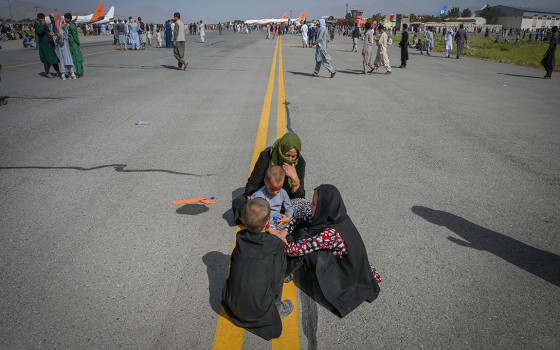
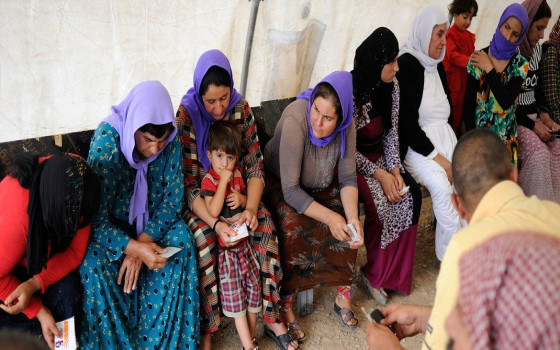
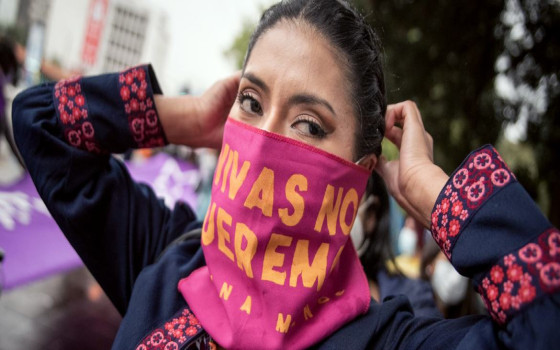
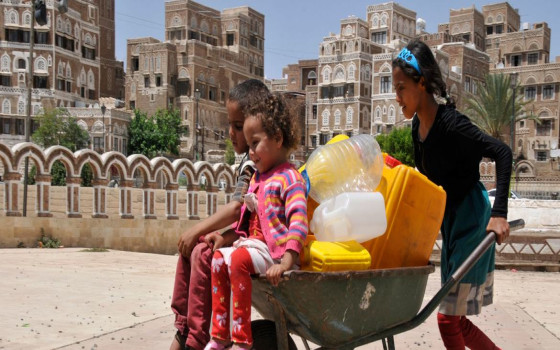
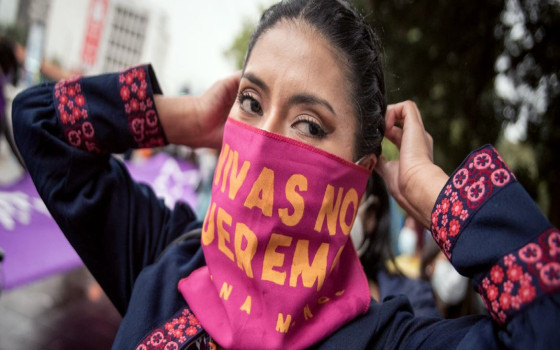
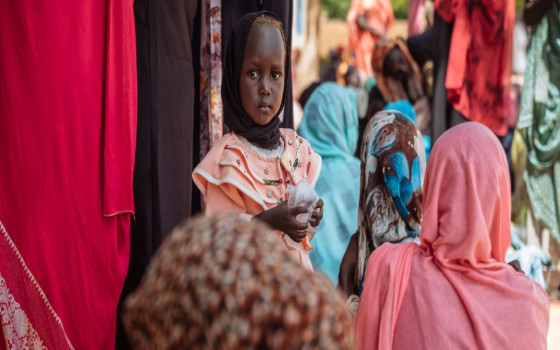
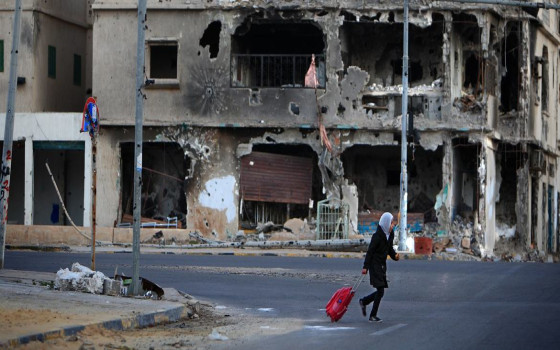

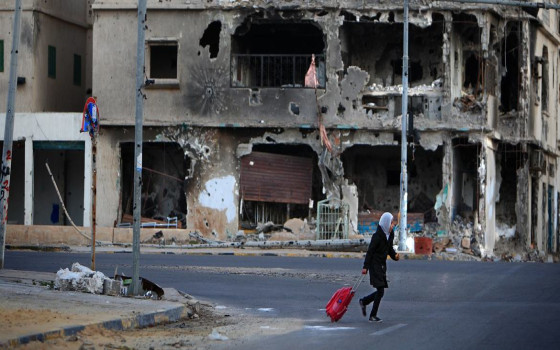

No Comments Found